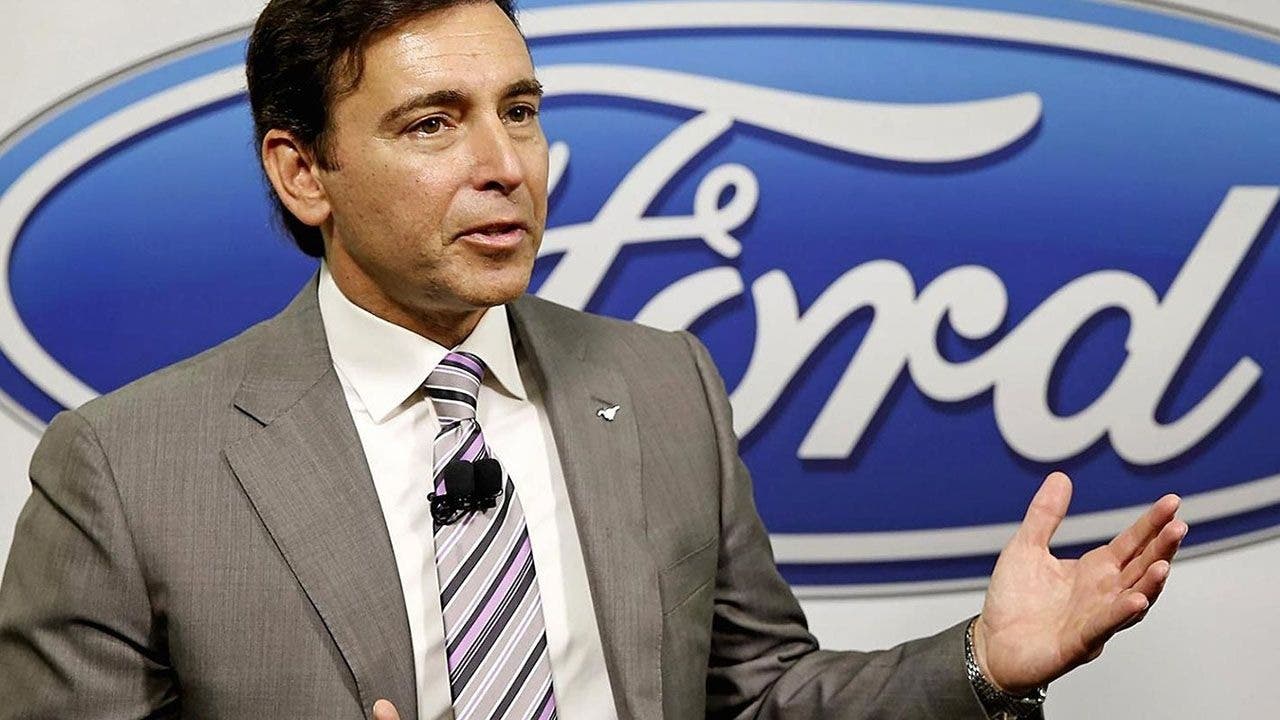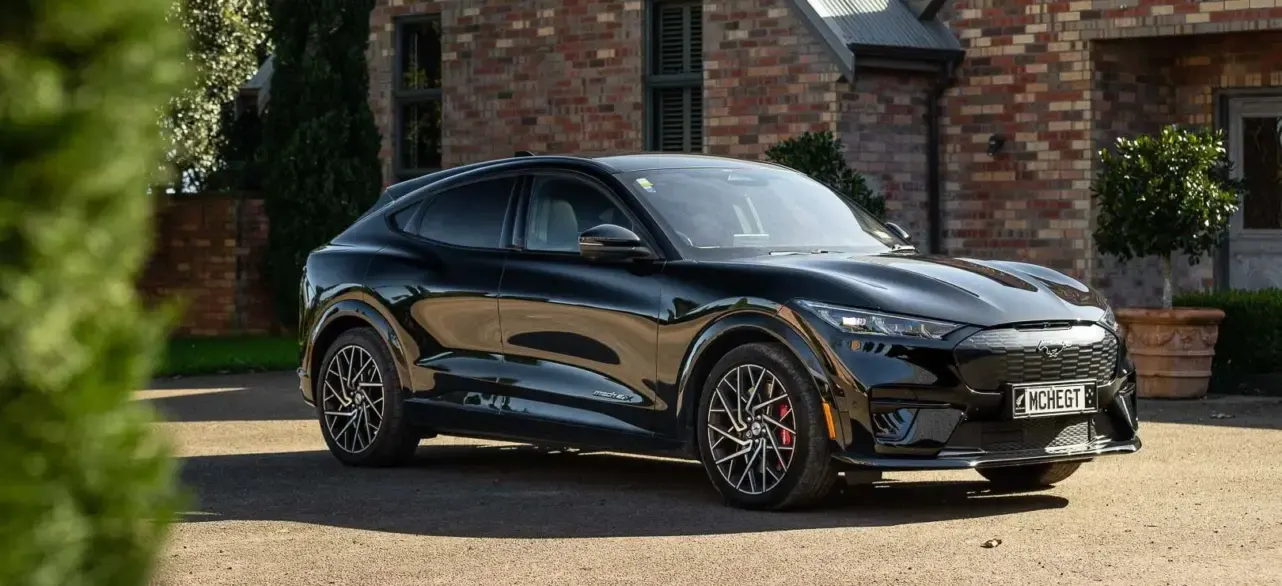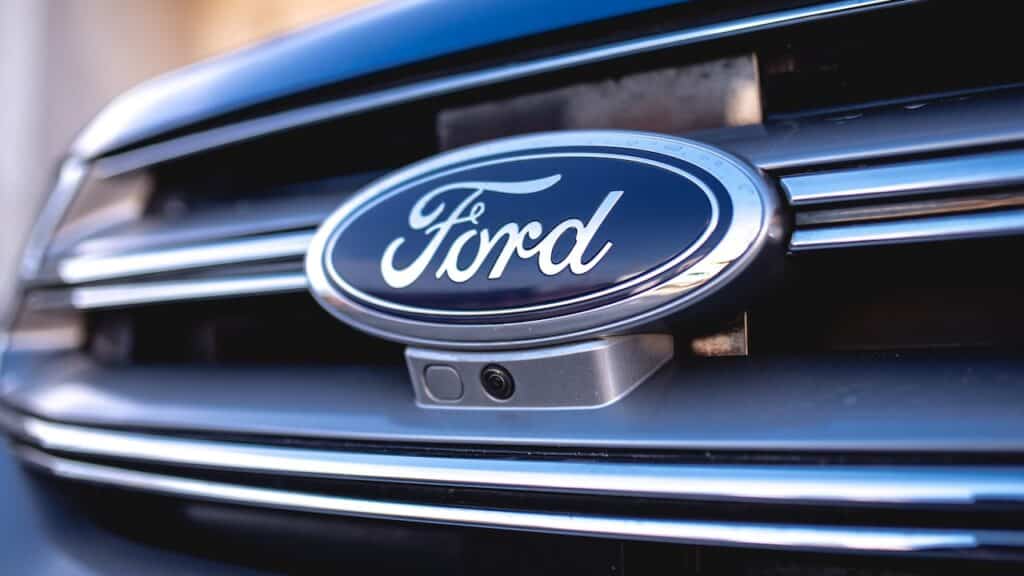The transition to electric mobility is profoundly transforming the automotive industry, but according to some historic figures in the sector, not all steps taken so far have been wise. Among the most critical voices is that of Mark Fields, Ford’s CEO between 2014 and 2017, who led the company through a phase of major changes before being replaced by Jim Hackett and then, in 2020, by current CEO Jim Farley.
Ex-Ford chief Fields criticizes industry’s “full throttle” push into electric vehicles

During an interview on CNBC’s Power Lunch program, Fields emphasized how many manufacturers have pushed electrification “full throttle,” without really understanding what customers wanted or could afford. “In recent years companies have rushed into producing electric vehicles without having a dialogue with the market. They didn’t ask themselves what consumers needed to be able to buy an electric car,” the former American executive stated.
According to Fields, the result is an oversized offering compared to actual demand, a condition that now weighs especially on brands that have invested billions in new battery models. “Many manufacturers, like General Motors, have boasted of having a completely electric range. What seemed like a competitive advantage is proving to be a problem, because electric vehicle adoption will be slower than expected, at least in the short and medium term,” he added.
The issue returned to the spotlight after the September 30 expiration of federal incentives from the Biden administration: up to $7,500 for new EVs and $4,500 for used ones. The end of incentives, according to several analysts, risks further slowing demand in the United States. Current CEO Jim Farley has also admitted that the automotive market of the future “will be smaller” than in the past, while former Tesla president Jon McNeill remains more optimistic, arguing that electric sales will continue to grow, as demonstrated by recent positive data in France and Germany, where incentives ended over a year ago.

An emblematic case cited by Fields is that of the electric Ford Explorer. Originally, the project called for a seven-seat SUV for the American market, completely different from the current European version built on Volkswagen’s MEB platform. After billions of dollars in investments, the plan was canceled, a sign of the difficulties and second thoughts affecting even automotive giants.
In Europe, Ford still focuses on models like the Mustang Mach-E and Puma Gen-E, both positively received. Despite this, according to experts the industry moved too quickly, driven by political ambitions and regulatory pressures more than actual market needs.
